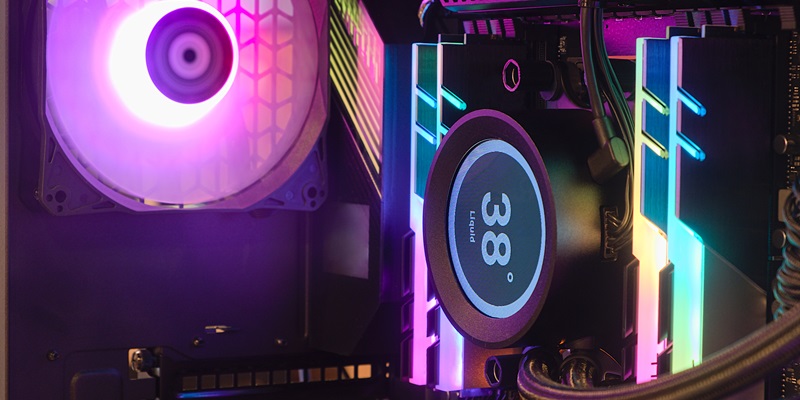NVIDIA, the leading graphics processing unit (GPU) manufacturer, is set to kickstart mass production of its H20 AI GPU designed specifically for the Chinese market in the second quarter of 2024. These chips were developed as an alternative to restricted chips, adhering to the trade and export policies set by the United States. This move by NVIDIA aims to address the ongoing US-China chip war and ensure its presence in the lucrative Chinese AI market.
Specifications of H20 AI GPU
The H20 AI GPU serves as a trimmed-down version of the H100 GPU, boasting 96 GB memory capacity and 296 TFLOPs of compute power. It features the GH100 die with a remarkable performance density of 2.9 TFLOPs per die. With a thermal design power (TDP) of 400W, the H20 AI GPU offers 8-way configurations in an HGX solution. It retains the impressive 900 GB/s NVLINK connection and includes the highly sought-after 7-Way MIG (Multi-Instance GPU) functionality.
Delay in Launch
Originally slated for release in late 2023, the launch of the H20 AI GPU faced delays due to escalating tensions between the United States and China in the chip industry. However, the revised launch date is now set for early 2024. This postponement reflects the complexities and challenges posed by the US-China chip war, which has significantly impacted the global chip supply chain.
Compliance with US Trade Policies
In recent times, the US government has exhibited a more lenient approach to commercial sales within China. NVIDIA has taken the necessary measures to ensure compliance with US trade and commerce authorities, providing assurances of their adherence to guidelines and regulations. Consequently, the company successfully launched the GeForce RTX 4090D in the region, meeting the compliance and guidance set by US authorities.
Mass Production and Substrate Supplier
Wistron, a major substrate supplier for NVIDIA, has been entrusted with the critical task of handling the mass production of H20 AI GPUs and other AI-oriented chips in the second quarter of 2024. With their established manufacturing capabilities and expertise in producing high-quality substrates, Wistron is poised to support NVIDIA’s ambitious production targets for the Chinese market.
Market Scenario and Alternatives
Amidst the delay in launching the H20 AI GPU, Chinese AI companies have continued operations using the remaining stock of GeForce RTX 4090 GPUs. However, some are contemplating alternatives, such as exploring Huawei’s offering with its competitive price-to-performance value in the AI segment. As restrictions on US-based tech companies persist, Huawei is expected to gain a larger market share in China, intensifying competition in the AI chip sector.
Timeline and Delivery
The eagerly awaited H20 AI chips are forecasted to be handed over to AI customers in mid to late Q2 2024. The exact timeline depends on various factors, including the completion of mass production and efficient distribution to meet the growing demand in China’s dynamic AI market. The successful rollout and market reception of the H20 AI GPUs will be closely monitored as it may have far-reaching implications for NVIDIA’s market position and competition within China.
NVIDIA’s strategic decision to commence mass production of the H20 AI GPU specifically for the Chinese market demonstrates their commitment to addressing the challenges posed by the US-China chip war. By aligning with US trade policies and partnering with trusted suppliers like Wistron, NVIDIA aims to secure its foothold in the Chinese AI market. With the delayed launch now scheduled for early 2024, it remains to be seen how the H20 AI GPUs will fare in meeting the demands of Chinese AI customers and how competitors like Huawei will respond to the ever-evolving landscape of restricted chips and market dynamics.

